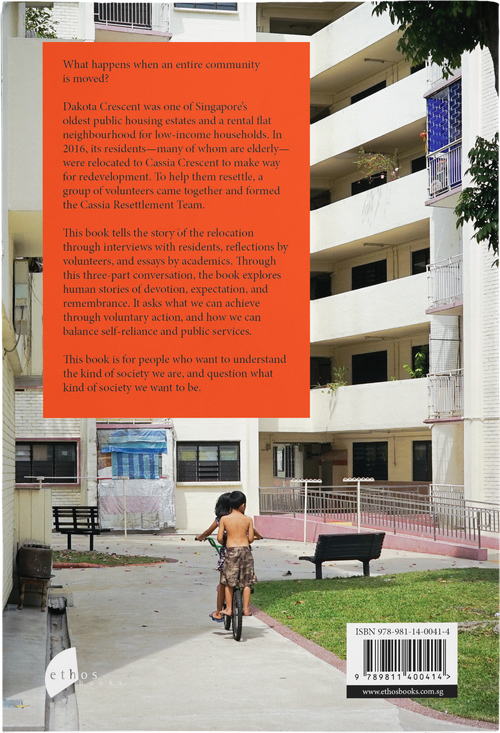They Told Us To Move: Dakota—Cassia
What happens when an entire community is moved?
Dakota Crescent was one of Singapore's oldest public housing estates and a rental flat neighbourhood for low-income households. In 2016, its residents—many of whom are elderly—were relocated to Cassia Crescent to make way for redevelopment. To help them resettle, a group of volunteers came together and formed the Cassia Resettlement Team.
They Told Us to Move tells the story of the relocation through interviews with the residents from the Dakota community and reflections by the volunteers. Accompanying these are essays by various academics on urban planning; gender and family; ageing, poverty, and social services; civil society and citizenship; and architectural heritage and place-making. Through this three-part conversation, the book explores human stories of devotion, expectation, and remembrance. It asks what we can achieve through voluntary action and how we can balance self-reliance and public services.
This book is for people who want to understand the kind of society we are, and question what kind of society we want to be.
Read an excerpt of selected interviews, reflections, and essays from the book here
Paperback
$26.00 SGD
E-Book
$26.00 SGD
Reviews
This is an unusual book with three dimensions: the Dakota resident presenting her views to an interviewer, the volunteer retelling experiences of looking after the resident, and the academic essayist tying the two together by drawing out the links between the micro and macro. It is also a touching book that acknowledges and validates voices that often go unheard. It portrays vividly the relationship between the marginalised and wider society. We are made aware of perspectives from which we can consider many issues confronting society and the importance of seeing the connections between social structure and individual experience and agency. —Dr Kanwaljit Soin, Founding President of Women's Initiative for Ageing Successfully and former Nominated Member of Parliament
At its core, this book poses disturbing challenges to social work. These stories of resettlement remind us that community issues affect collectives of families. If social work is about the 'person in environment', why is there a conditioned preoccupation with casework rather than community work, where people participate collectively in resolving their own problems and take control for building social capital? Why are our interventions often about individual psychosocial factors and deservedness rather than the environmental and social conditions that contribute to the perpetuation of social problems? Respect for the dignity and worth of the person is a core social work value, and self-determination and autonomy are key ethical principles. So what is the social work response when we learn that "no choice" – a resignation that their lives had been decided for them – is a recurrent theme in the experiences of the residents? How can social intervention be carried out with and by the residents rather than on them? Every challenge is an opportunity. Ours is to refresh our thinking and working models, and to re-imagine our social purpose. —Ng Bee Leng, social worker and Executive Director of South Central Community Family Service Centre (2013-2018)
At a time when universities are focusing myopically on achieving publication numbers that often favour one-dimensional research, it is truly inspiring to come across younger scholars like Ng Kok Hoe, whose work delves deeply and courageously into the very local in order to find universal meaning and value. Whose research efforts are really powerful interventions, which employ methods that are not only creative and painstakingly collaborative, but also driven by a deep humility, compassion, and human-centredness. In this book, Kok Hoe and his collaborators teach us about social and spatial justice, not only through the exalted frameworks of theory, but through heightened sensitivity and empathy, otherwise dulled by the spectacle of the Singapore success story. —Kenneth Paul Tan, Associate Professor at the Lee Kuan Yew School of Public Policy, and author of Singapore: Identity, Brand, Power (Cambridge University Press, 2018)
This important book makes visible the stories of displacement untold in the official account of relocation. While we celebrate the resilience of the residents and volunteers working through the struggles of resettlement, the essays, reflections and stories also remind us of the struggles of state agencies in understanding what makes or breaks a community, and the value of lives lived with dignity. —Kok Heung Leun, Artistic Director of Drama Box and former Nominated Member of Parliament
Recommended Books
Non-Fiction
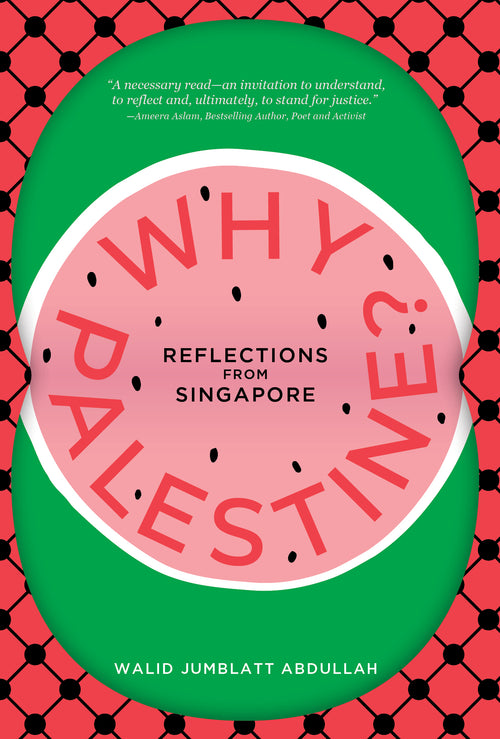
Paperback (2-3 weeks shipping)
$16.00 SGD
E-book
$16.00 SGD
Why Palestine?: Reflections From Singapore
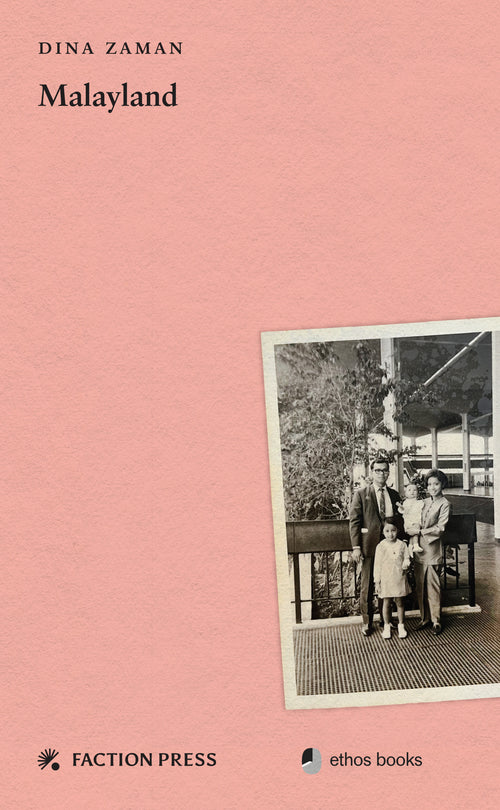
Paperback
$22.00 SGD
E-book
$22.00 SGD
Malayland
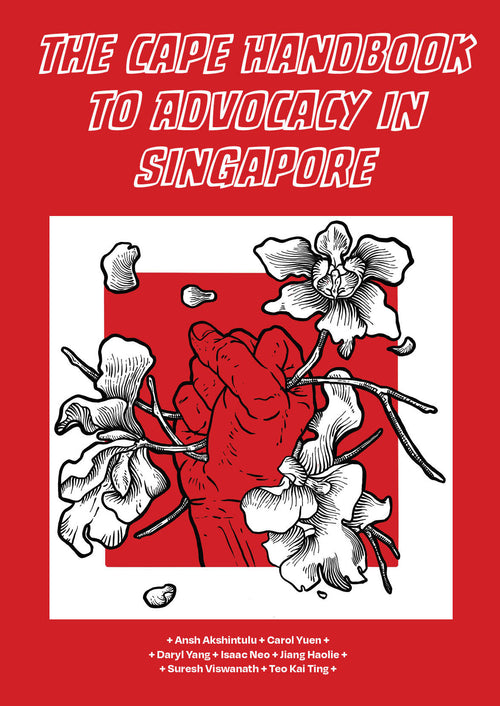
E-book
$0.00 SGD
The CAPE Handbook to Advocacy in Singapore
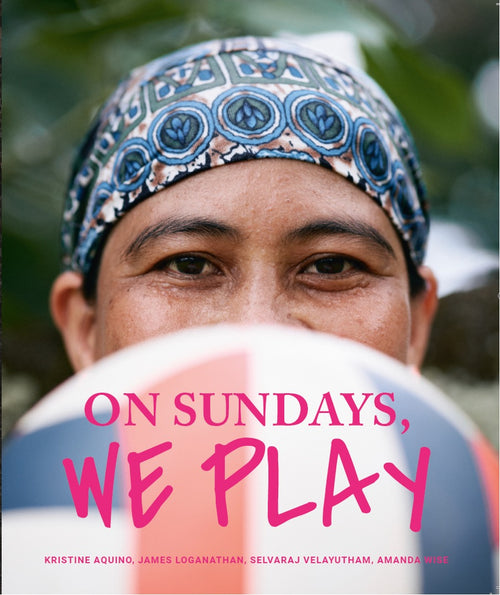
Paperback
$40.00 SGD
On Sundays, We Play
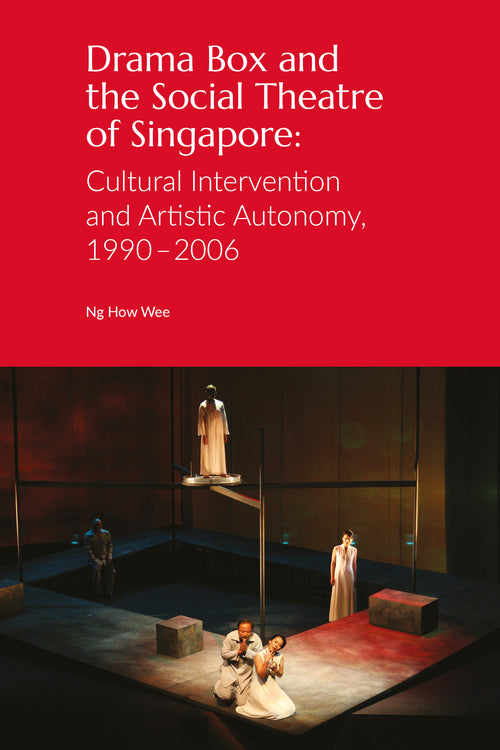
E-book
$39.90 SGD
Drama Box and the Social Theatre of Singapore
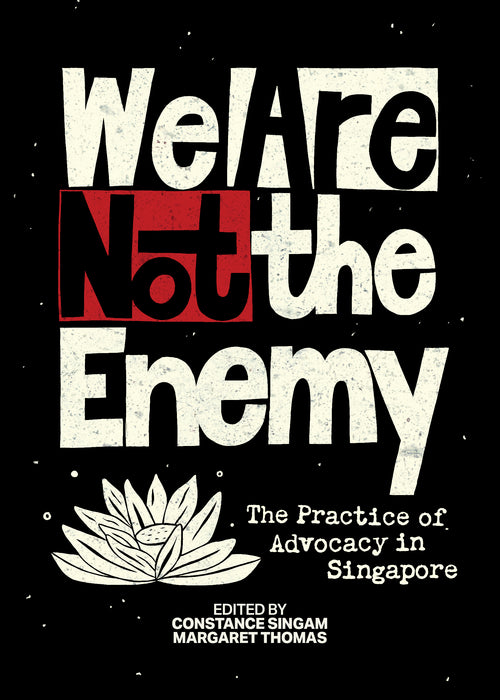
Paperback
$33.00 SGD
E-Book
$33.00 SGD
We Are Not The Enemy: The Practice of Advocacy in Singapore
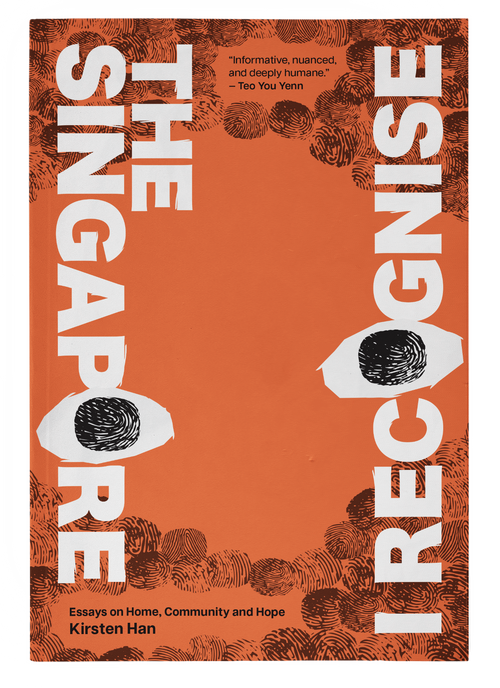
Paperback
$26.00 SGD
E-Book
$26.00 SGD
The Singapore I Recognise: Essays on home, community and hope
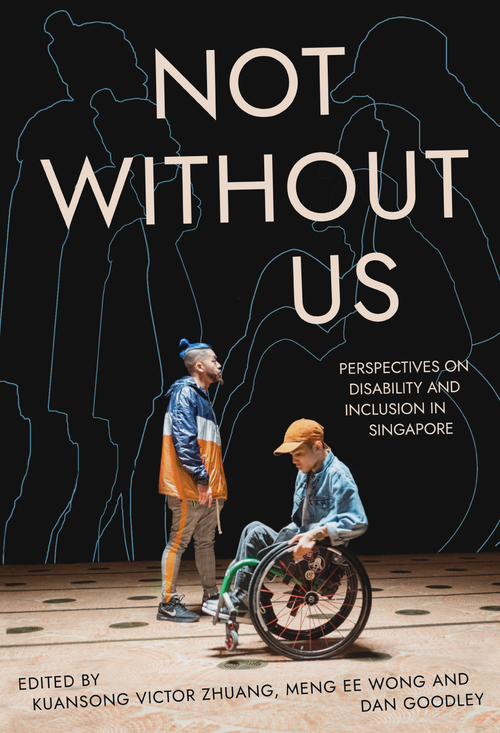
Paperback
$27.00 SGD
E-book
$27.00 SGD
Not Without Us: Perspectives on Disability and Inclusion in Singapore
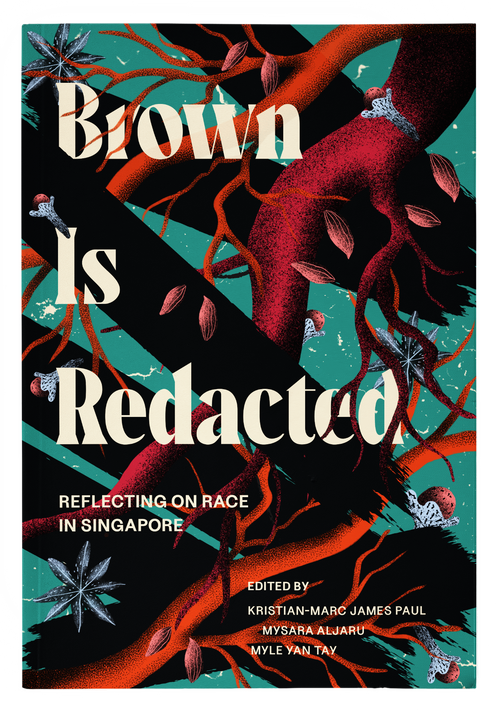
Paperback
$25.00 SGD
E-book
$25.00 SGD
Brown is Redacted: Reflecting on Race in Singapore
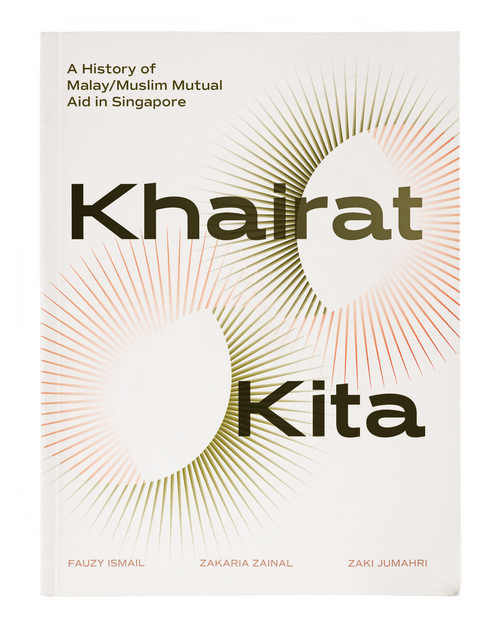
paperback
$20.00 SGD
E-book
$20.00 SGD
Khairat Kita: A History of Malay/Muslim Mutual Aid in Singapore
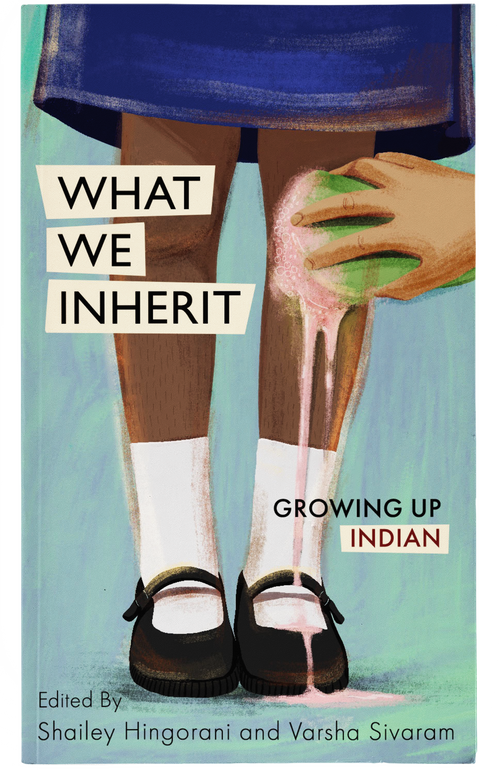
Paperback
$14.02 SGD
E-book
$14.02 SGD
What We Inherit: Growing Up Indian
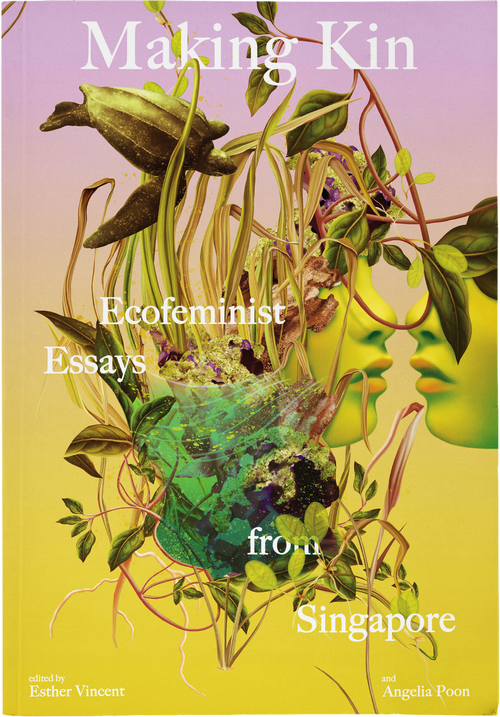
Paperback
$25.00 SGD
E-book
$25.00 SGD
Making Kin: Ecofeminist Essays from Singapore
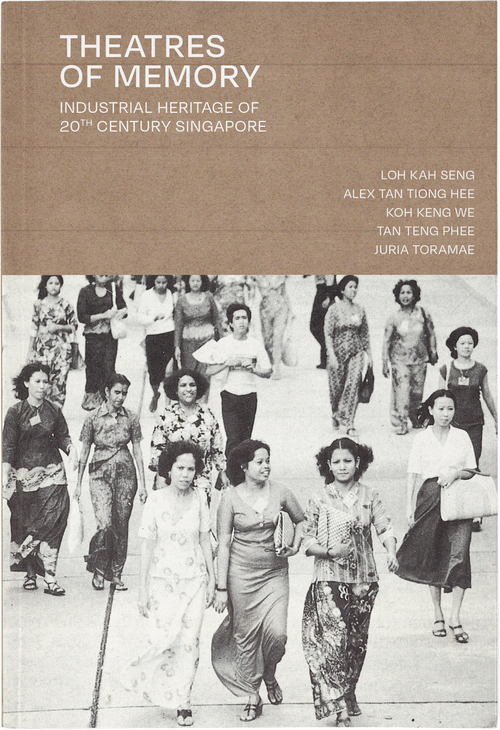
Paperback
$30.00 SGD
E-book
$30.00 SGD
Theatres of Memory
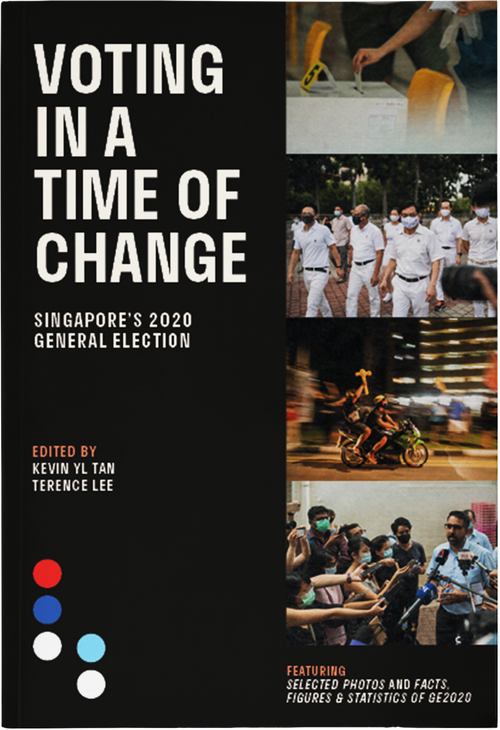
Paperback
$30.00 SGD
E-Book
$30.00 SGD
Voting in a Time of Change: Singapore’s 2020 General Election
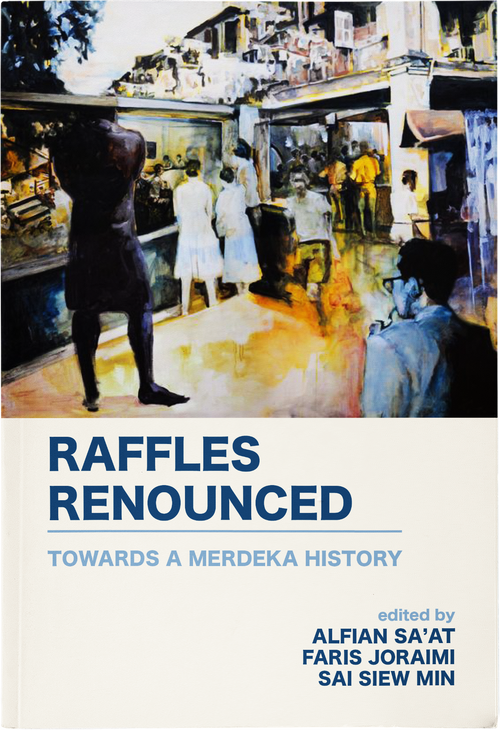
Paperback
$25.00 SGD
E-book
$25.00 SGD
Raffles Renounced: Towards a Merdeka History
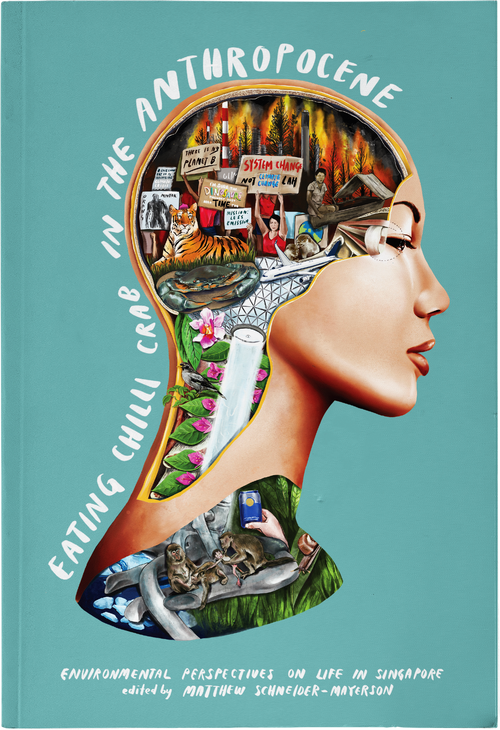
Paperback
$23.36 SGD
E-book
$23.36 SGD
Eating Chilli Crab in the Anthropocene
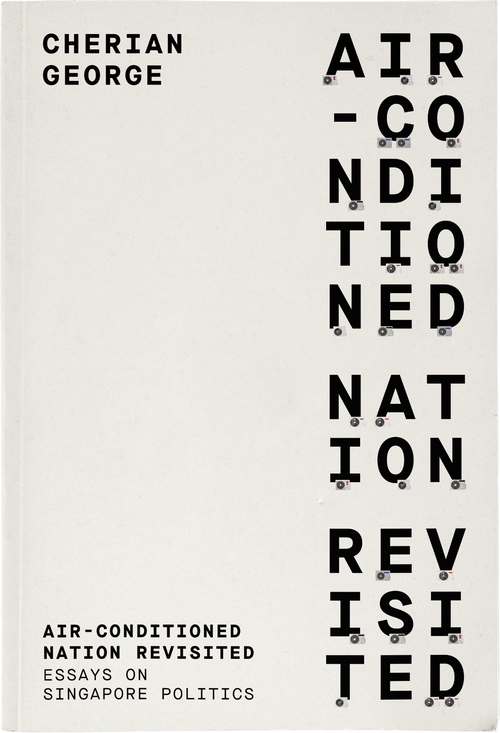
Paperback
$25.00 SGD
E-book
$25.00 SGD
Air-Conditioned Nation Revisited
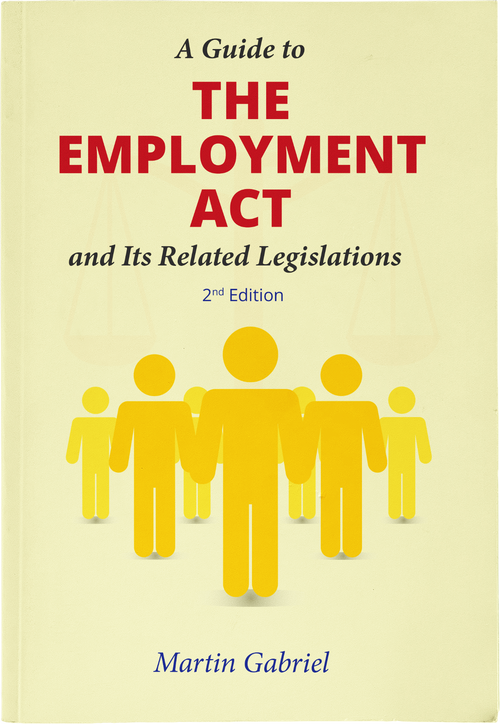
Paperback
$28.04 SGD
A Guide to the Employment Act and Its Related Legislations (2nd Edition)
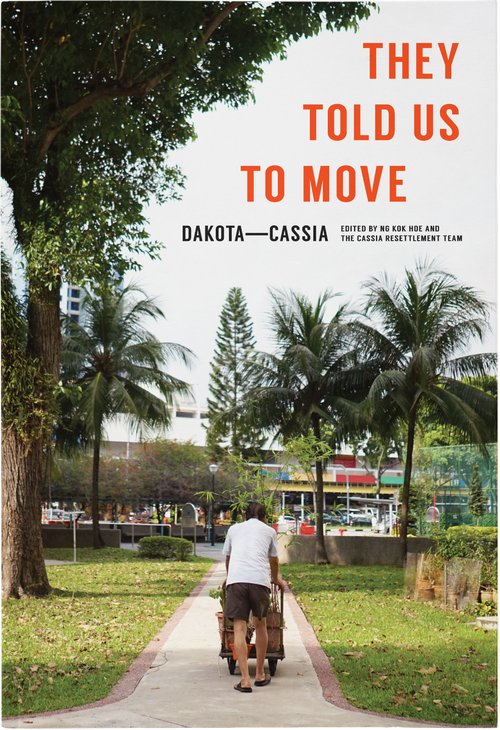
Paperback
$26.00 SGD
E-Book
$26.00 SGD
They Told Us To Move: Dakota—Cassia
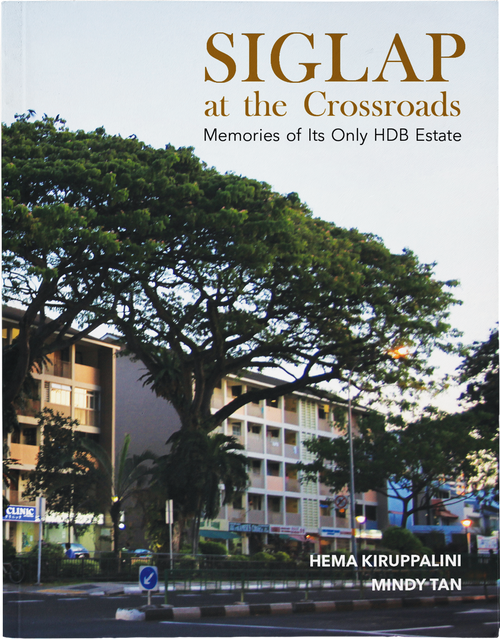
Paperback
$18.69 SGD
Siglap at the Crossroads: Memories of Its Only HDB Estate
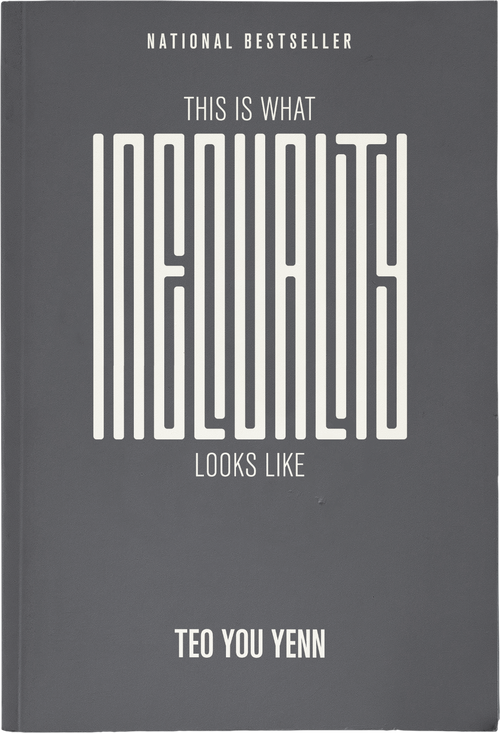
Paperback
$26.00 SGD
E-book
$26.00 SGD
This Is What Inequality Looks Like
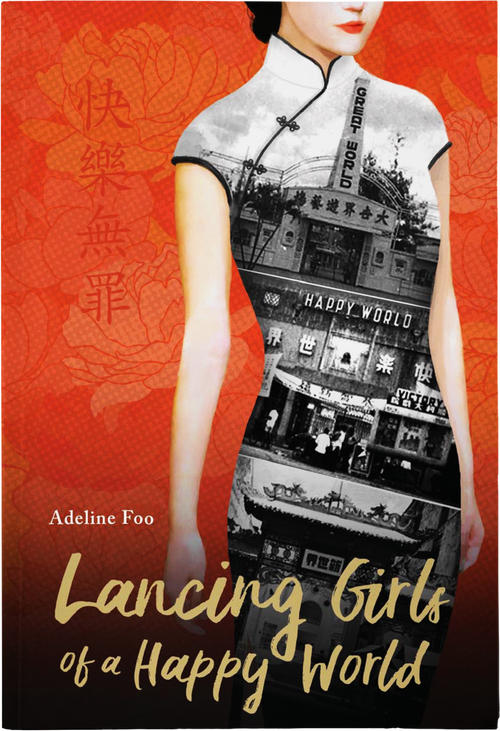
Paperback
$11.21 SGD
Lancing Girls of a Happy World
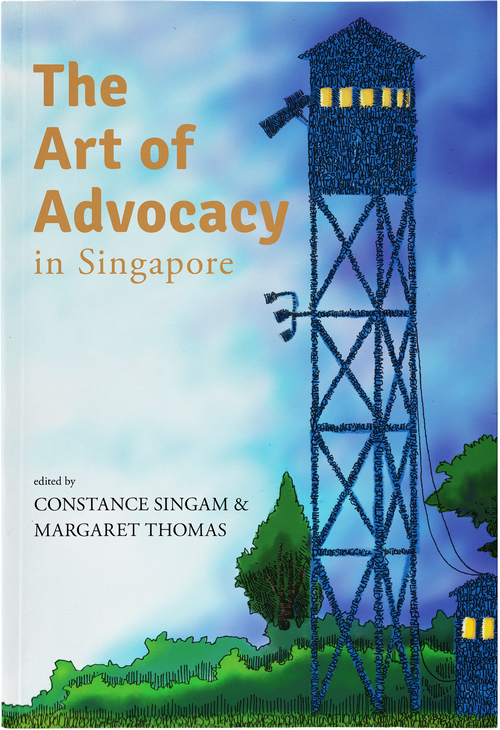
Paperback
$30.00 SGD
E-book
$30.00 SGD
The Art of Advocacy In Singapore
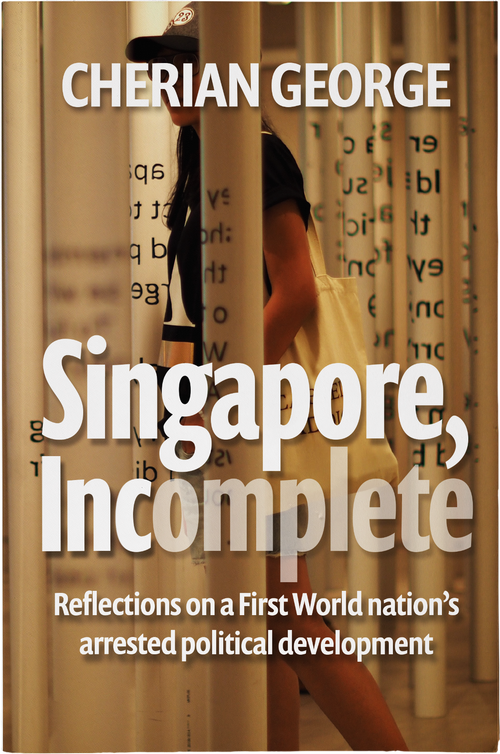
Paperback
$23.36 SGD
Singapore, Incomplete: Reflections on a First World nation’s arrested political development
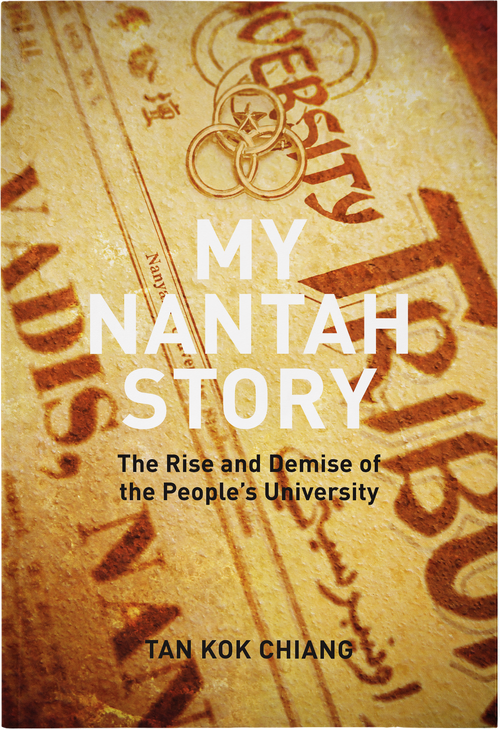
Paperback
$30.00 SGD
E-book
$30.00 SGD
My Nantah Story: The Rise and Demise of the People’s University
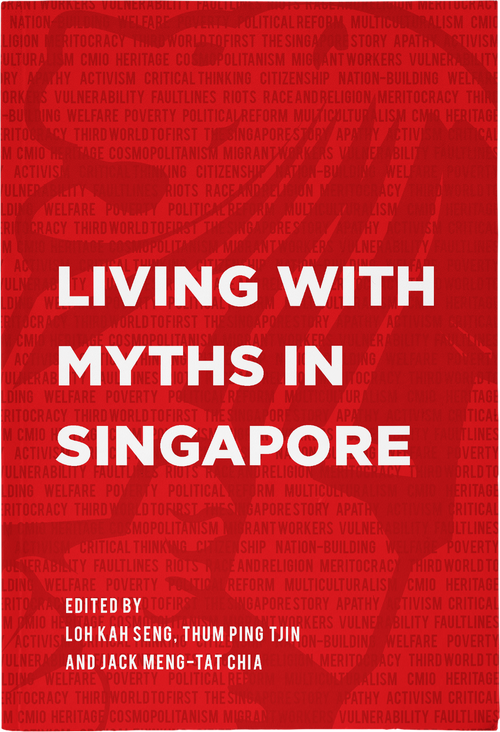
Paperback
$30.00 SGD
Living with Myths in Singapore
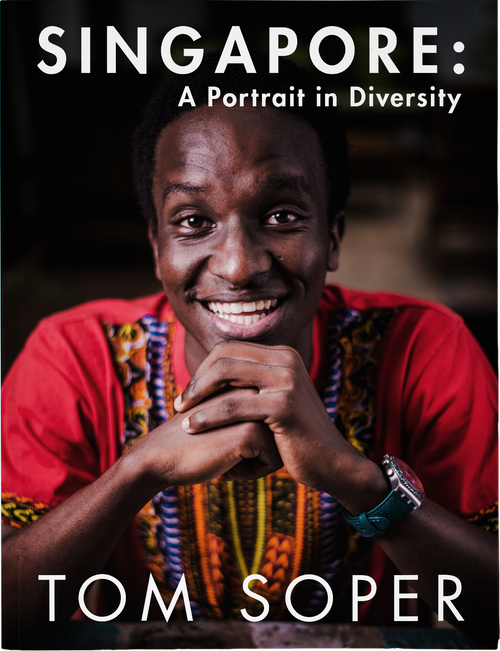
Paperback
$25.00 SGD
Singapore: A Portrait In Diversity
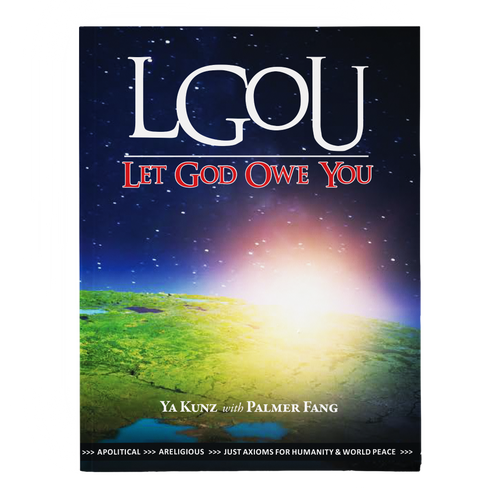
Paperback
$26.17 SGD
LGOU: Let God Owe You
Out of stock
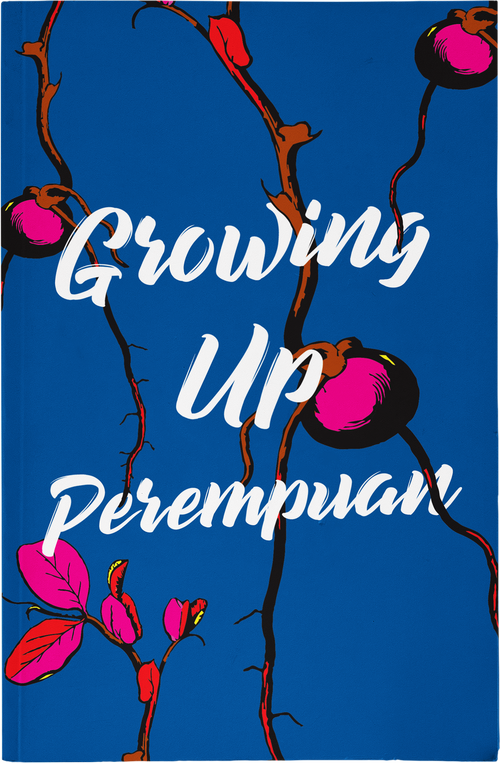
Paperback
$14.02 SGD
Growing Up Perempuan
Out of stock
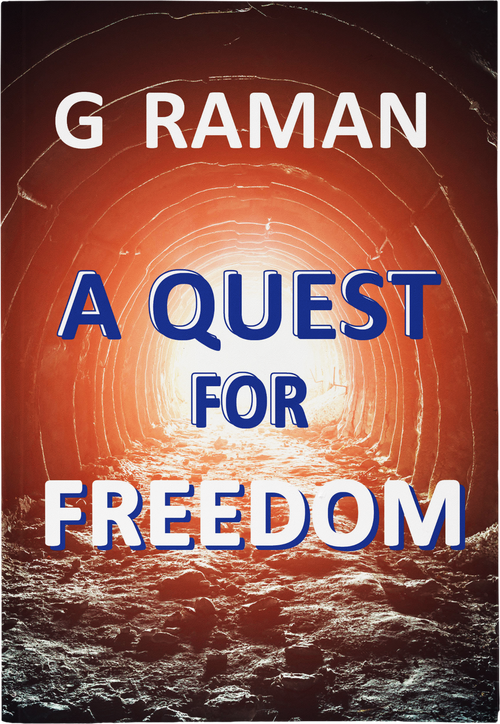
Paperback
$30.00 SGD
A Quest for Freedom
Out of stock

Paperback
$14.95 SGD
I am not a label, I am Gary
Out of stock
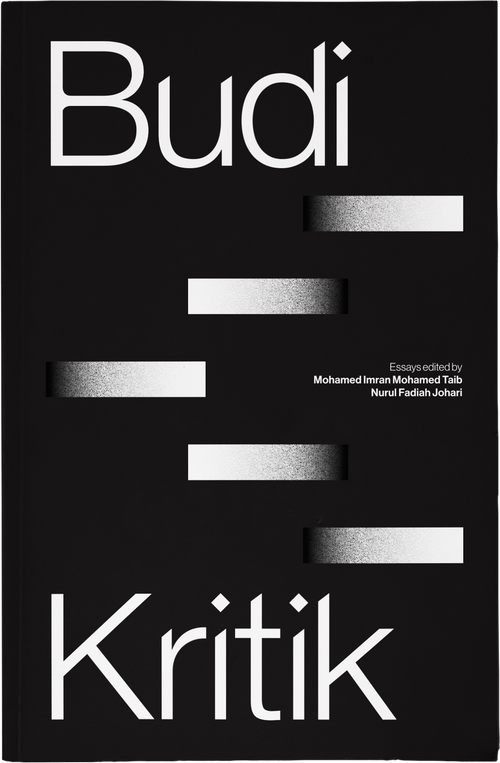
Paperback
$22.00 SGD
Budi Kritik
Out of stock
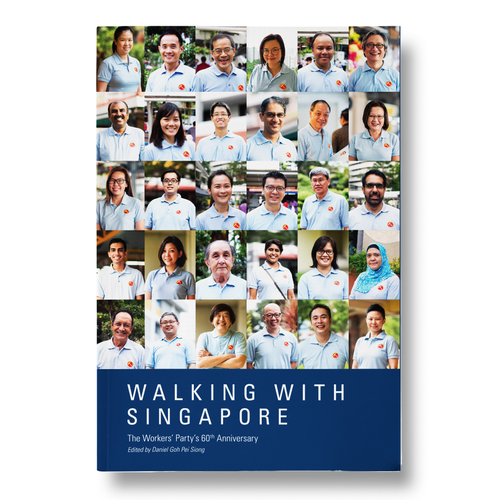
Paperback
$28.04 SGD
Walking With Singapore: The Workers' Party 60th Anniversary
Out of stock
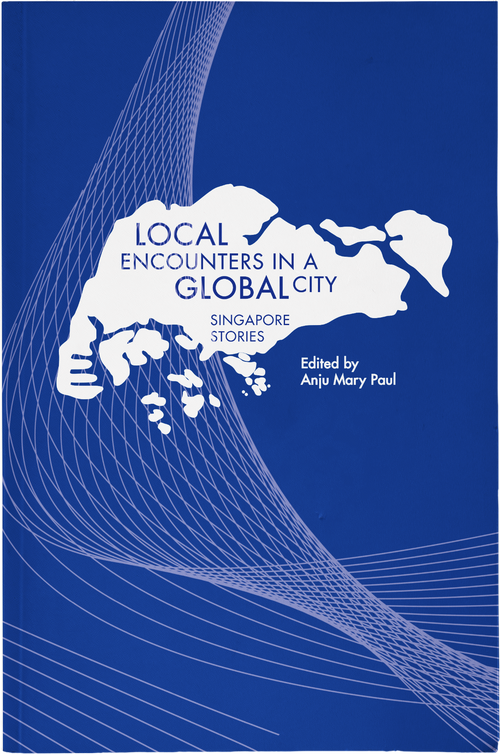
Paperback
$20.00 SGD
Local Encounters in a Global City. Singapore Stories.
Out of stock
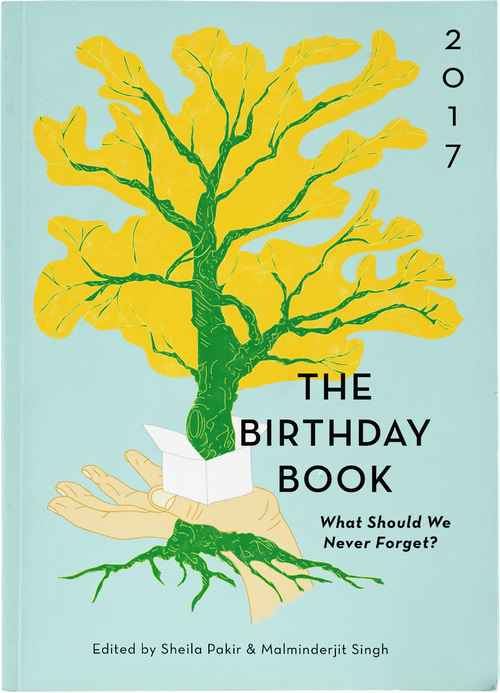
Normal
$23.36 SGD
Pay It Forward
$23.36 SGD
The Birthday Book 2017: What should we never forget?
Out of stock
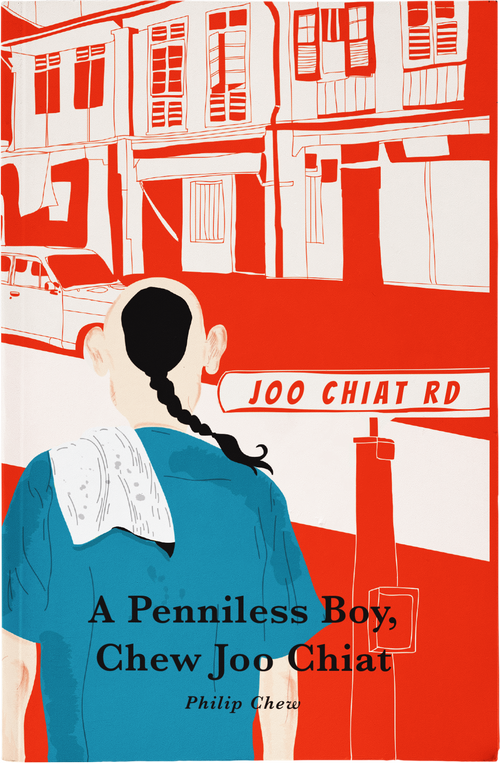
Paperback
$11.21 SGD
A Penniless Boy, Chew Joo Chiat
Out of stock
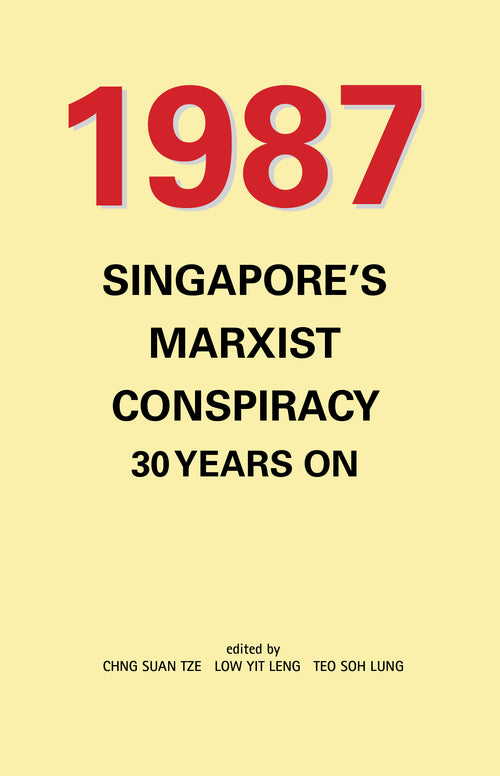
Paperback
$30.00 SGD
1987: Singapore’s Marxist Conspiracy 30 Years On
Out of stock
Out of print
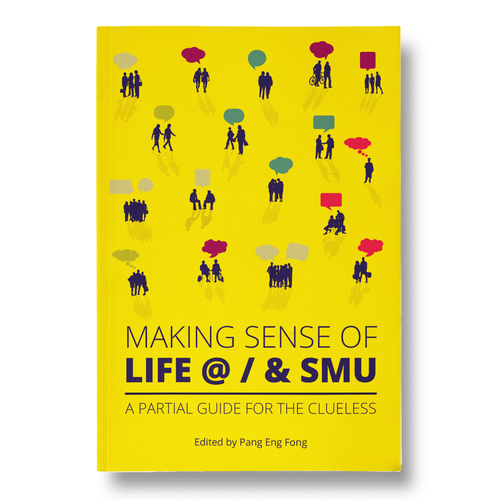
Paperback
$23.00 SGD
Making Sense of Life @ / & SMU: A Partial Guide for the Clueless
Out of stock
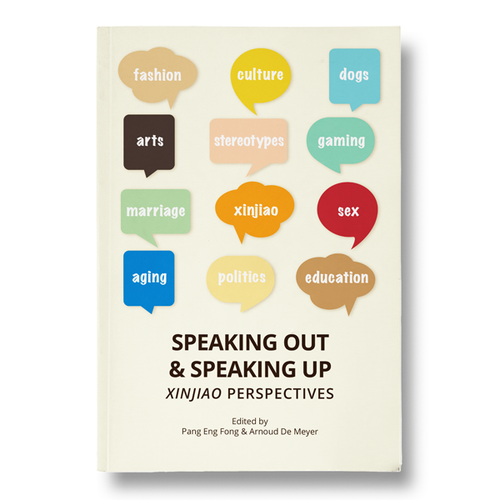
Paperback
$18.00 SGD
Speaking Out & Speaking Up: Xinjiao Perspectives
Out of stock
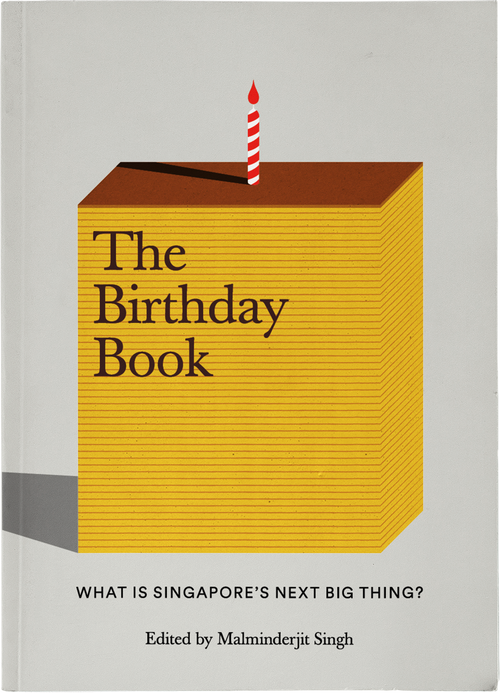
Paperback
$23.36 SGD
The Birthday Book 2016: What is Singapore’s Next Big Thing?
Out of stock
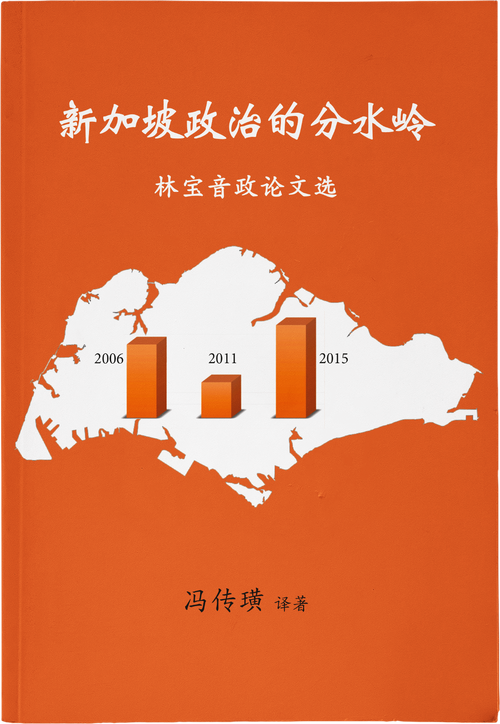
Paperback
$13.00 SGD
A Watershed Election (新加坡政治的分水岭: 林宝音政论文选)
Out of stock
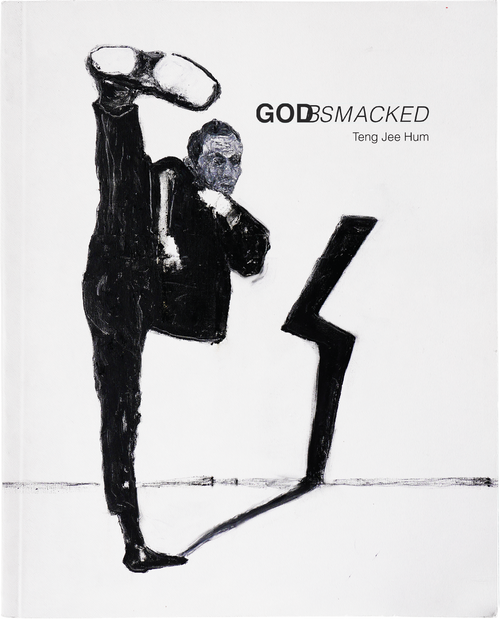
Paperback
$35.00 SGD
Godsmacked
Out of stock
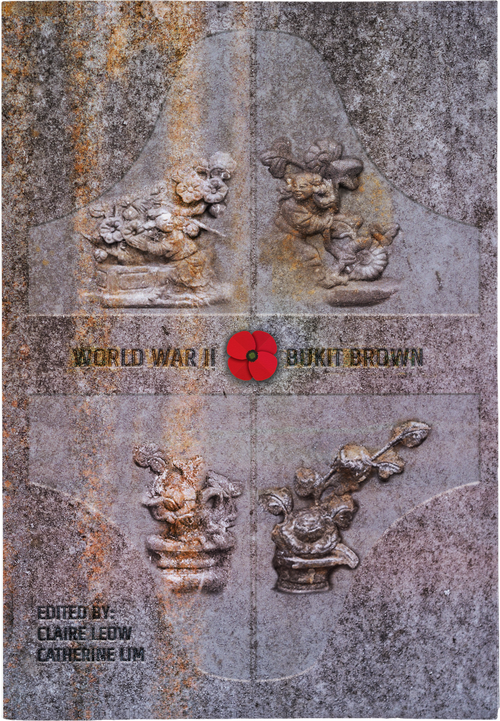
Paperback
$25.00 SGD
World War II @ Bukit Brown
Out of stock
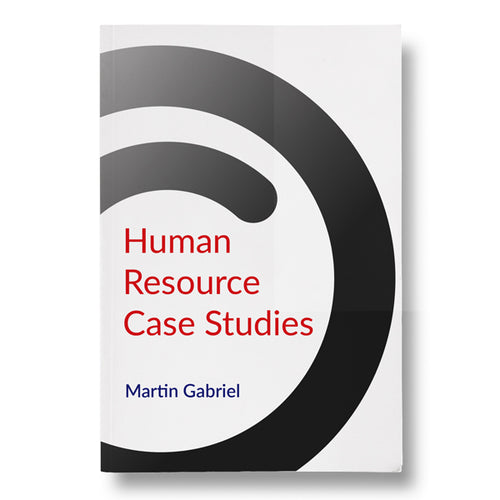
Default Title
$10.00 SGD
Human Resource Case Studies
Out of stock
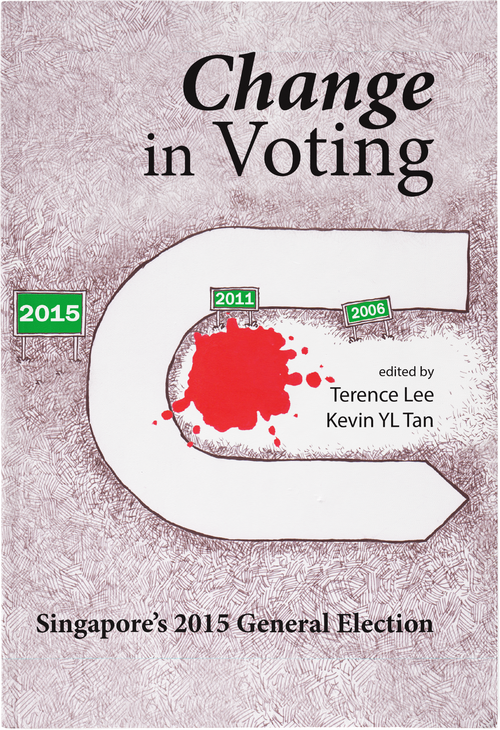
Paperback
$25.00 SGD
Change in Voting: Singapore's 2015 General Election
Out of stock
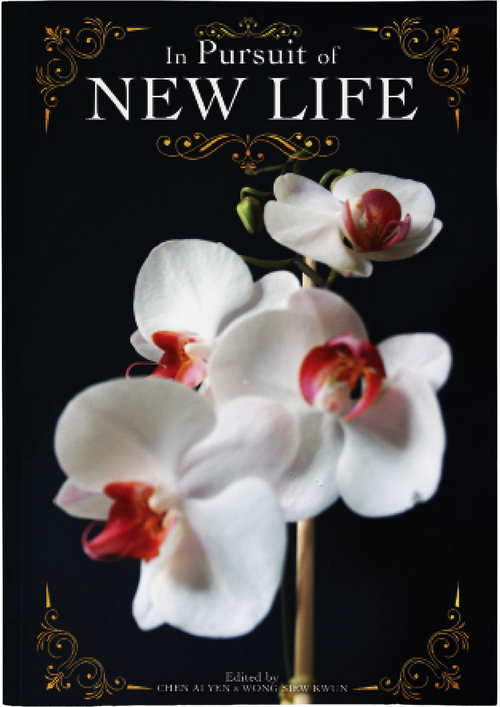
Paperback
$20.00 SGD
In Pursuit of NEW LIFE
Out of stock
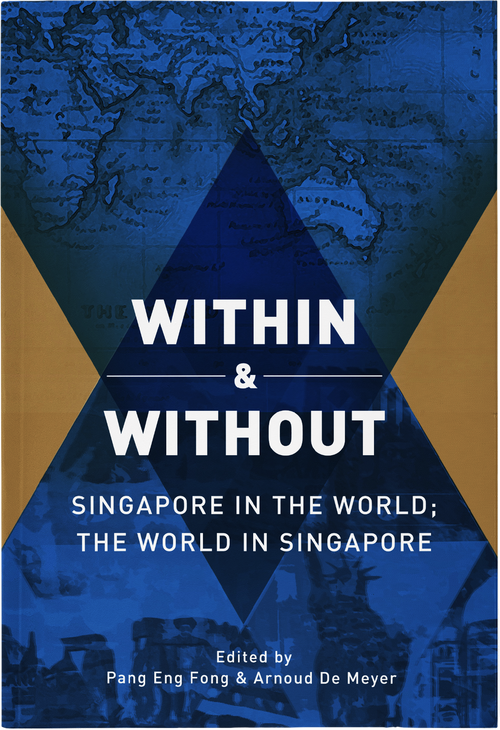
Paperback
$20.00 SGD
WITHIN & WITHOUT Singapore in the World; the World in Singapore
Out of stock
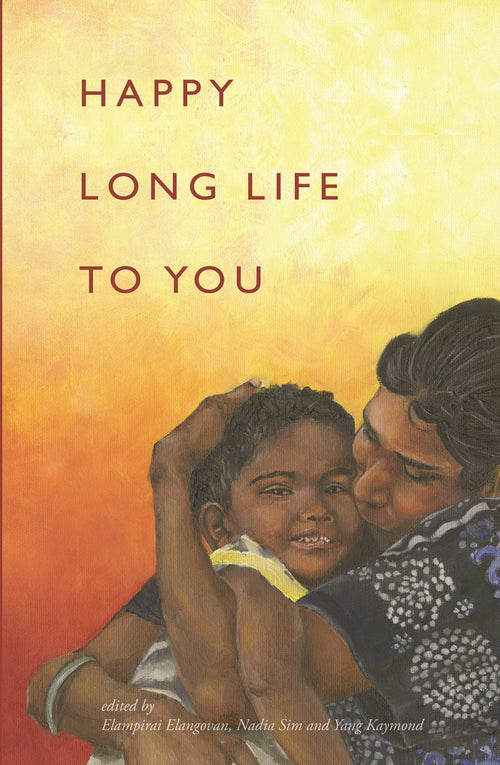
Paperback
$15.00 SGD
Happy Long Life to You
Out of stock
Out of print
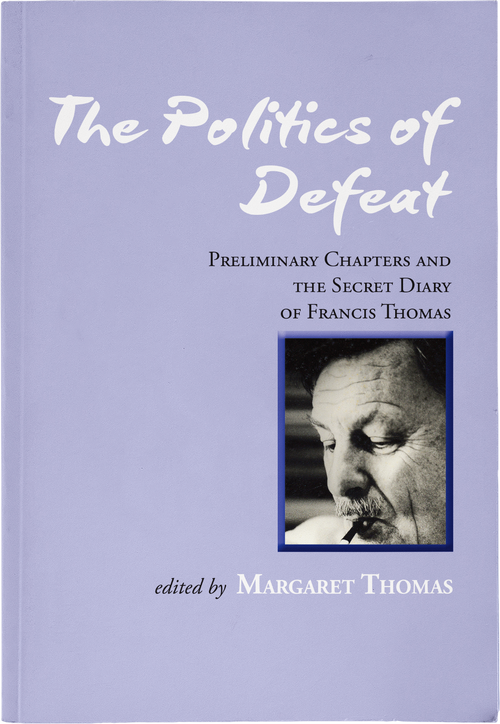
Paperback
$15.00 SGD
The Politics of Defeat
Out of stock
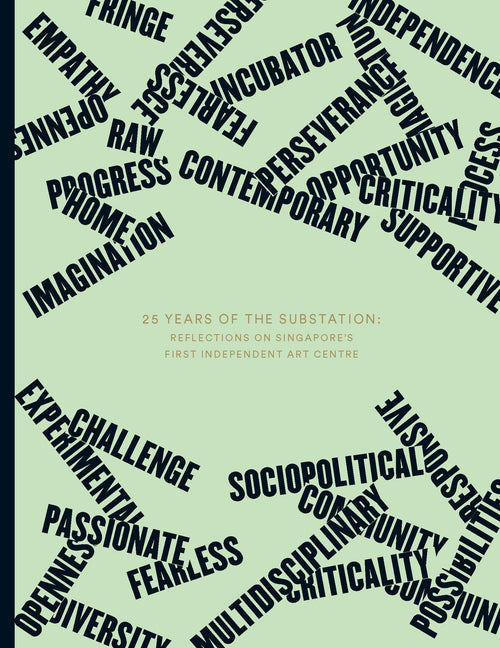
Paperback
$25.00 SGD
25 Years of The Substation: Reflections on Singapore's First Independent Art Centre
Out of stock
Out of print
Attunement
Is life hustling you out of tune? As the week roars by, we invite you to a slice of attunement penned lovingly by our authors, friends, and yours truly. Freshly delivered weekly with care. Intimacy guaranteed. Read selected letters below.

Magical, luminous things
Feb 19, 2022
I have flown across an ocean this week. This still sounds surreal to say.
Read more
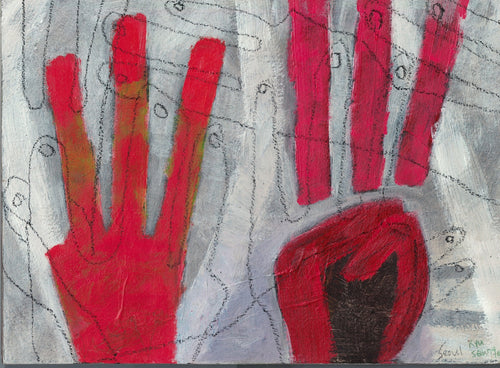
No negotiation for blood debt
Feb 14, 2022
The Burmese language resistance poetry is deeply embedded in the country’s colonial past. When mo...
Read more
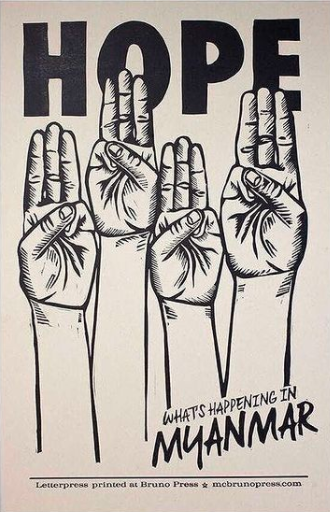
Burning holes in the darkness
Feb 7, 2022
Poets killed in broad daylight, writers tortured and maimed. I wonder if their ghosts watch on fr...
Read more


